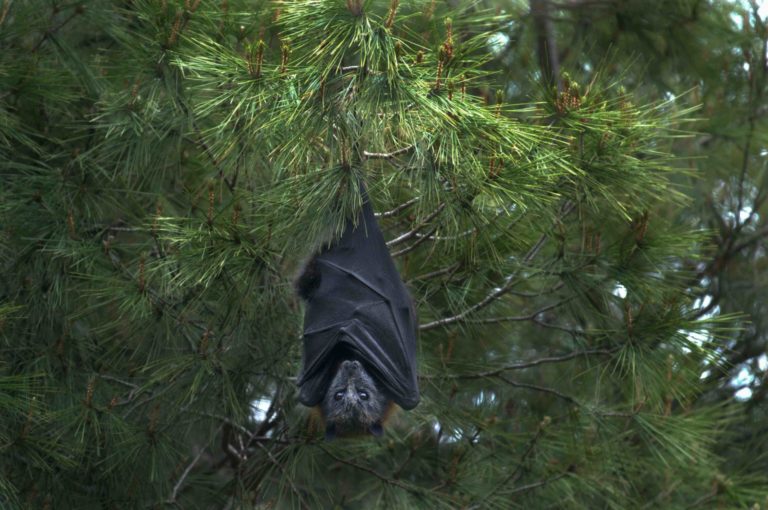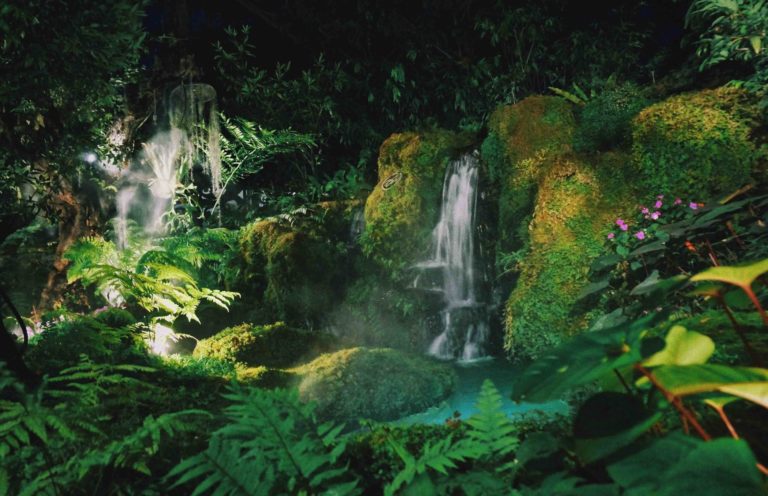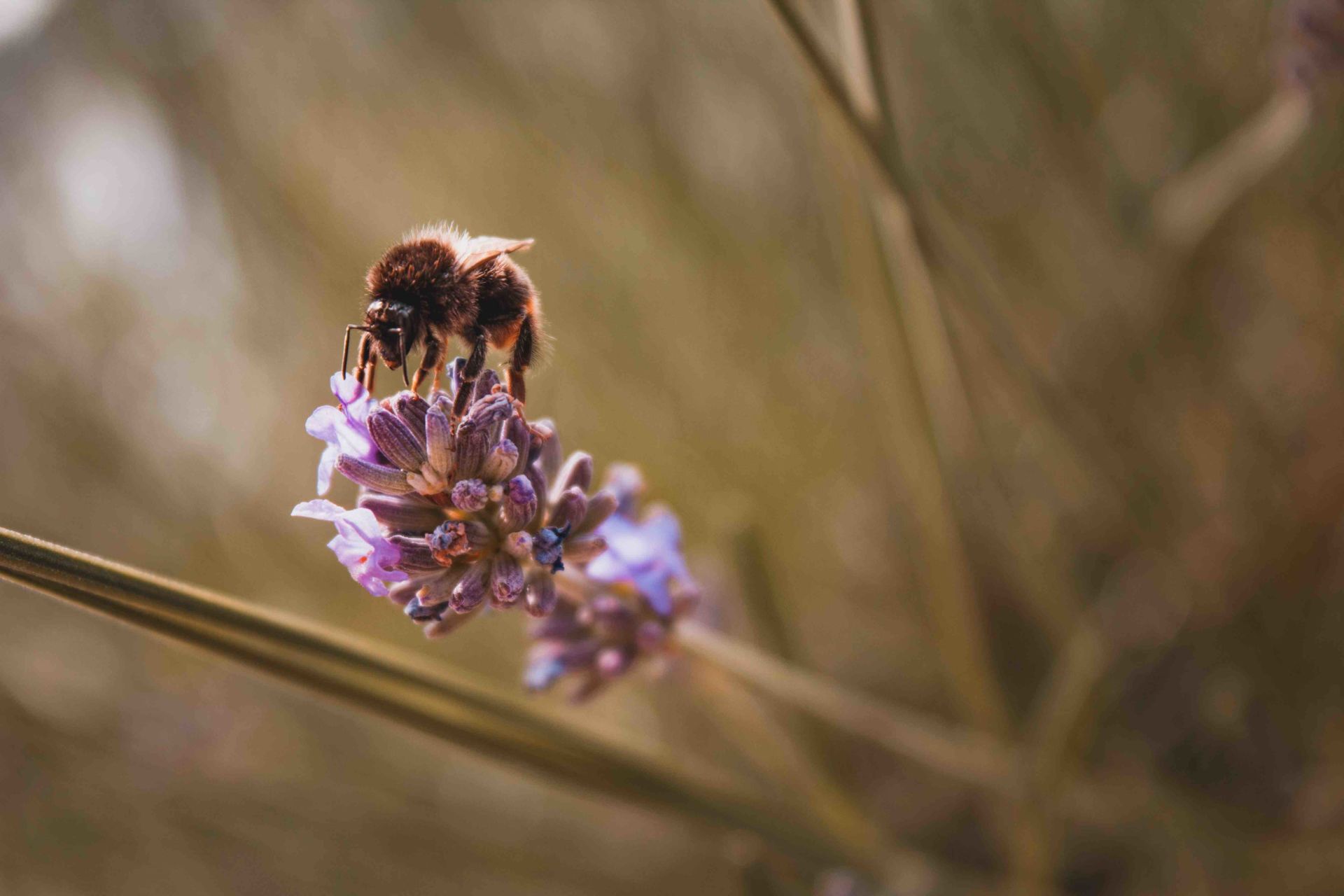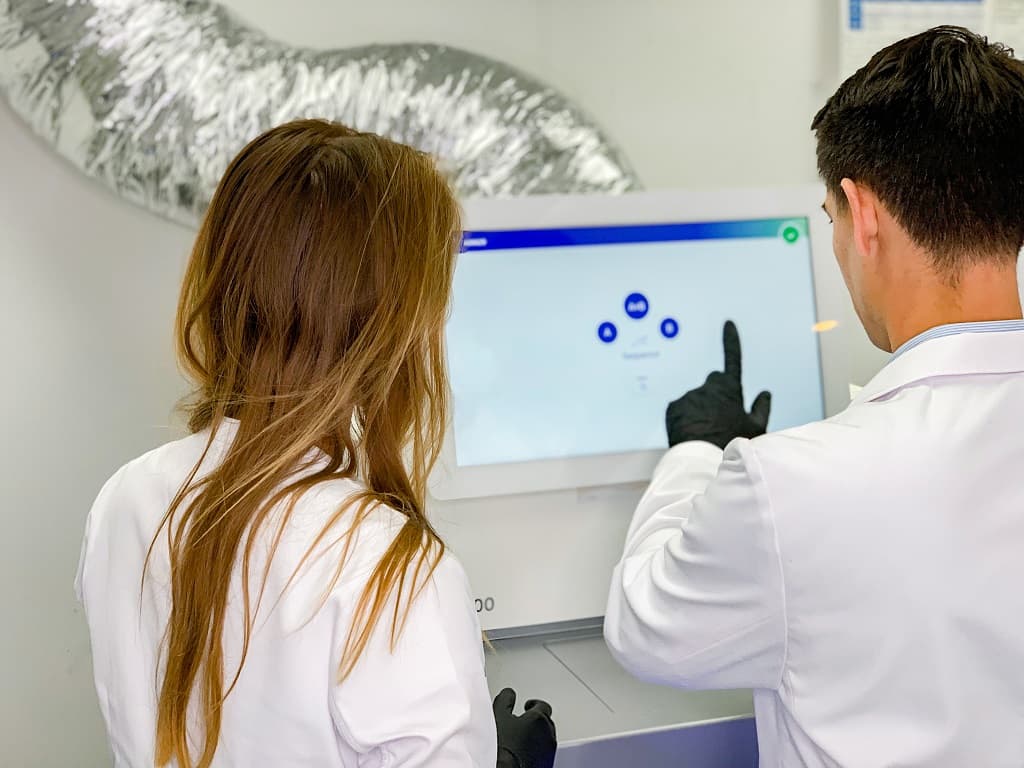Of the 112,432 species assessed for the International Union for the Conservation of Nature (IUCN) Red List, 30,178 are vulnerable, endangered, or critically endangered. The current animal endangerment and extinction crisis is mostly of our own making — we are responsible for years of animal habitat destruction, pollution, climate change, population growth, and other human activity that has pushed nature to the edge.
In about five decades, we’ve managed to destroy 60% of animal populations.
In about five decades, we’ve managed to destroy 60% of animal populations and it’s crucial to highlight the plight of these animals. Not only is this the ethical thing to do, but these animals are also a big part of the solution to several human problems.
Pollinators and Food Security
According to the Food and Agriculture Organization (FAO), three out of four crops used as food by humans depend, at least in part, on pollinators and these pollinators support the global production of almost 90 of the leading food crops.
Despite this vital role pollinators play in ensuring food security, around 16% of vertebrate pollinators (e.g., bats) and over 40% of invertebrate pollinators (e.g., bees and butterflies) are threatened with global extinction. With over 800 million people suffering from hunger already, ignoring the rising threat pollinators are facing is bound to further disrupt global food security.
Nature’s Pesticides and Human Survival
Besides being very important pollinators in tropical rainforests and deserts, bats are also known as nature’s pesticides. They are one of the largest insect consumers on earth and they contribute significantly to the reduction of pesticide use. In fact, they provide a service worth around US$1 billion by controlling pests on corn crops.

Unfortunately, many bat species are vulnerable or endangered due to various factors including diminished food supply, loss and fragmentation of habitat, and hunting. The IUCN currently lists 118 bat species as vulnerable, 65 as endangered, 30 as critically endangered, and five as extinct.
A reduction in bat population not only takes away significant pollinators but it’s also likely to lead to increased insect populations. This means that we’ll have to rely more on pesticides to protect crop yields. However, a lot of synthetic pesticides are toxic and several have been linked to human health problems including cancer and respiratory illnesses. Additionally, they have also been linked to environmental issues such as water and land contamination.
Imagine the effect of a threat to food security coupled with adverse environmental and health impact. It’s bad.
Animal Survival and Climate Change
While all forests play a role in reducing global warming, tropical rainforests trap the largest amounts of carbon dioxide (about 40%). Thick, hard-wooded trees are especially excellent carbon stores, however, they have large seeds that can only be dispersed by relatively large animals like primates and big birds. For example, primates account for 25% to 40% of all fruit-eating species found in tropical rainforests and this means that they play a key role in nature as seed dispensers.

The ecological role of these animals is essential for the maintenance and survival of diverse tropical rainforests. Regrettably, 63% of primate species are endangered and so are other seed dispensers like birds and elephants. This, in turn, is affecting the survival of hardwood trees, ultimately reducing the earth’s natural carbon storage drastically and increasing global warming.
Climate change is affecting rainfall patterns and there are increased incidences of drought, floods, and other extreme weather conditions that are not only impacting the sustainable production of food but our survival as humans as well.
What Does All This Mean for Us?
There are roughly 7.7 billion people in the world right now. Already, we have food, water, and climate crises, yet estimates point to a population increase to 8.6 billion by 2030. Without the support of animals, we’ll likely see an increase in food scarcity and health and environmental problems. By ignoring the increase in endangered animals, we’re fundamentally destroying the same life that is one of our survival solutions.
Related Articles: On Extinction, Food, Climate and Inequality | Driving Change for ‘Big Cats’ in the U.S.
Fortunately, the movement for animal protection is gaining momentum. The United Nations (UN) set 2011-2020 as the “United Nations Decade on Biodiversity” to mainstream biodiversity issues at all levels. This program has, in effect, propelled animal welfare to the top of the list. Under it, 2020 is the final year to take a stance towards addressing any biodiversity and climate emergencies, of which animals play a crucial role.
Also, organizations like the International Fund for Animal Welfare (IFAW) have been actively involved in protecting animal welfare and promoting animal conservation all over the world. IFAW’s current President and CEO, Mr. Azzedine Downes, has highlighted how declining wildlife populations put all ecosystems at risk, essentially emphasizing why it’s vital to act now.
Time to Come Together For Animal Conservation
Addressing the crisis requires integrating far-reaching developmental initiatives, including the UN SDGs, into government policies, and essentially comes down to speaking out and acting on animal protection in our own individual capacities. If we remain silent and ignore the situation, the repercussions of our actions will be dire.
If we remain silent and ignore the situation, the repercussions of our actions will be dire.
Editor’s Note: The opinions expressed here by Impakter.com columnists are their own, not those of Impakter.com — In the Featured Photo: Pollinating bee. — Featured Photo Credit: Sara Kurfeß











